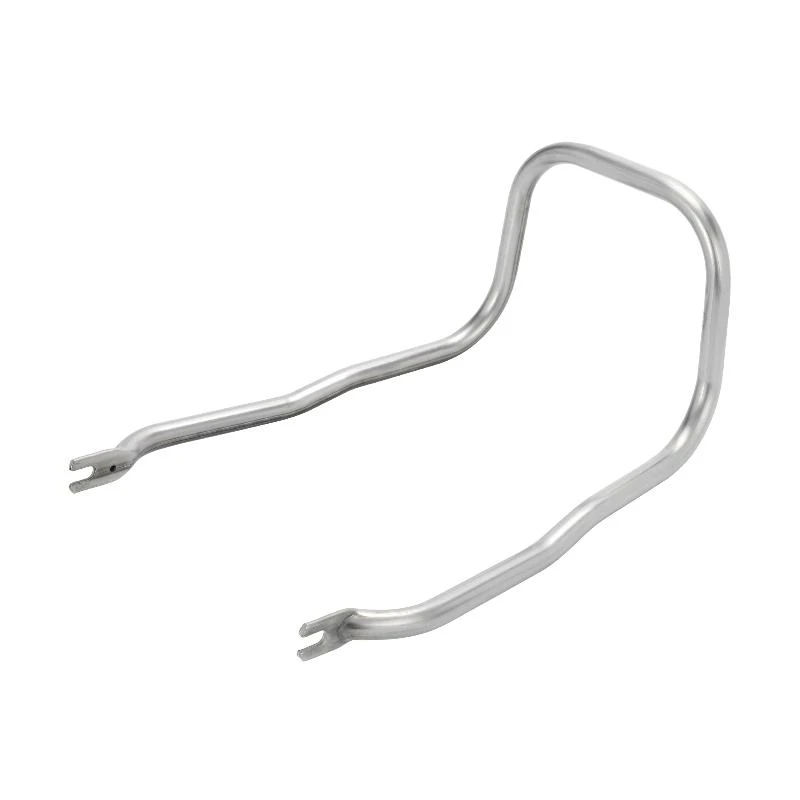
The Critical Role of Automotive Parts Supply in the Automotive Industry
The automotive industry is a cornerstone of modern economies, driving innovation, employment, and technological advancement. Central to this industry is the supply chain that facilitates the delivery of automotive parts—a dynamic and intricate system that has evolved to meet the demands of manufacturers, consumers, and environmental regulations. Understanding the automotive parts supply and its implications is essential for appreciating how the industry operates today.
At its core, the automotive parts supply refers to the network of manufacturers, suppliers, distributors, and retailers involved in producing and delivering the components necessary for vehicle assembly and maintenance. This supply chain can be divided into several key categories original equipment manufacturers (OEMs), aftermarket suppliers, and remanufacturers. Each plays a distinct role in ensuring that vehicles are not only manufactured effectively but also remain operational over time.
OEMs are the backbone of the automotive parts supply. They produce parts specifically designed for new vehicles and supply them directly to automobile manufacturers. Companies like Bosch, Denso, and Magna International exemplify the capabilities of OEMs, providing high-quality components that meet strict guidelines set by automakers. These parts are critical for ensuring a vehicle's performance, safety, and compliance with regulatory standards.
On the other hand, aftermarket suppliers provide parts that are used in the repair or enhancement of vehicles after they have left the factory. This segment of the supply chain is significant, as it caters to the needs of vehicle owners and shops looking for cost-effective replacement parts. The aftermarket industry is thriving, influenced by factors such as a growing number of vehicles on the road, increasing average age of vehicles, and a trend towards DIY maintenance. Brands like ACDelco and Monroe are well-known in this sector, offering a wide range of products that include everything from brakes to batteries.

Moreover, remanufacturing has gained a substantial foothold within the automotive parts supply landscape. Remanufacturers take used parts and restore them to like-new condition, which not only supports sustainability initiatives by reducing waste but also offers cost savings for consumers and businesses alike. This practice aligns with the broader push towards a circular economy, which aims to minimize resource consumption and maximize the lifespan of existing products.
However, the automotive parts supply chain is not without its challenges. Events such as natural disasters, geopolitical tensions, and most notably, the COVID-19 pandemic have exposed vulnerabilities within this system. Disruptions in supply due to factory shutdowns or transportation restrictions led to significant delays in vehicle production. As a result, automakers have realized the importance of resilience and flexibility within their supply chains, prompting many to diversify their supplier base and invest in digital technologies for better tracking and management of parts.
Additionally, advancements in technology, such as electric vehicles (EVs) and autonomous driving, have introduced new complexities into the automotive parts supply. As the demand for electric components rises, suppliers must adapt quickly to develop and deliver new parts that meet the unique requirements of EVs. This has created opportunities for innovation but also necessitates significant investment in research and development.
In conclusion, the automotive parts supply chain is a vital component of the automotive industry. Its effectiveness directly influences vehicle production, maintenance, and overall consumer satisfaction. As the industry continues to evolve in response to technological advancements and global challenges, the resilience and adaptability of the automotive parts supply will play a crucial role in shaping the future of mobility. The focus on sustainability, innovation, and efficiency will likely guide the industry towards a more integrated and responsive supply chain, underscoring the importance of every player in this intricate network.